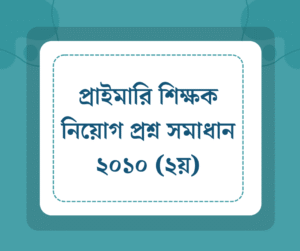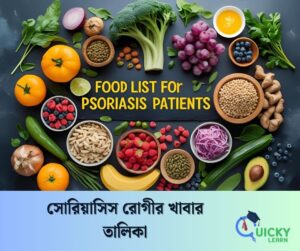Food list and some natural ways to control PCOS- a clear guide to the food list and some natural ways to manage PCOS (Polycystic Ovary Syndrome) effectively:
🥦 PCOS Diet: What to Eat & Avoid
✅ Foods to Include (PCOS-Friendly)
These foods help regulate hormones, reduce insulin resistance, and support weight management:
🥗 Low Glycemic Index (GI) Carbohydrates
- Brown rice, quinoa, oats
- Sweet potatoes
- Whole wheat roti or bread
- Barley
🍃 High-Fiber Vegetables
- Broccoli, cauliflower, spinach, kale, cabbage
- Carrots, beans, beetroot
- Cucumbers, zucchini
🍓 Fruits (Low Sugar)
- Apples, pears
- Berries (blueberries, strawberries)
- Oranges, kiwi
- Guava
🥚 Lean Protein Sources
- Eggs (especially egg whites)
- Skinless chicken, fish (like salmon, tuna)
- Tofu, lentils, beans, chickpeas
🥑 Healthy Fats
- Avocados, nuts (almonds, walnuts)
- Seeds (chia, flax, pumpkin)
- Olive oil, ghee (in moderation)
🧂 Herbs & Spices
- Cinnamon (helps with blood sugar control)
- Turmeric (anti-inflammatory)
- Fenugreek seeds (soak overnight and drink the water)
❌ Foods to Avoid (PCOS Aggravating)
These increase insulin spikes, inflammation, or hormone imbalances:
- Sugary foods & drinks: Cakes, sweets, soft drinks, juices
- Refined carbs: White rice, white bread, pasta, processed cereals
- Processed & junk food: Chips, fast food, frozen meals
- Trans fats: Fried foods, margarine
- Dairy (in excess): Can raise testosterone in some women
- Caffeine & alcohol (in excess)
🌿 Natural Ways to Manage PCOS
1. 🏃♀️ Exercise Regularly
- Aim for 30–45 minutes daily, at least 5 days a week.
- Combine cardio (walking, jogging) + strength training (bodyweight or weights)
- Yoga & Pilates also help regulate hormones and reduce stress.
2. 🧘♀️ Stress Management
- Chronic stress increases cortisol and worsens PCOS symptoms.
- Practice:
- Deep breathing
- Meditation
- Yoga
- Spending time in nature
3. 😴 Get Good Sleep
- Aim for 7–9 hours of quality sleep.
- Keep a regular sleep schedule.
- Avoid screens at bedtime.
4. 🧪 Track Menstrual Cycle
- Use apps or journals to track periods, symptoms, and ovulation.
- Helps you understand your body better and manage changes.
5. 💧 Stay Hydrated
- Drink 2–3 liters of water daily.
- Helps with digestion, detoxification, and hormonal balance.
6. 🍵 Try Natural Supplements (only after consulting a doctor):
- Magnesium
- Inositol (supports insulin sensitivity)
- Omega-3 (anti-inflammatory)
- Vitamin D
- Zinc






